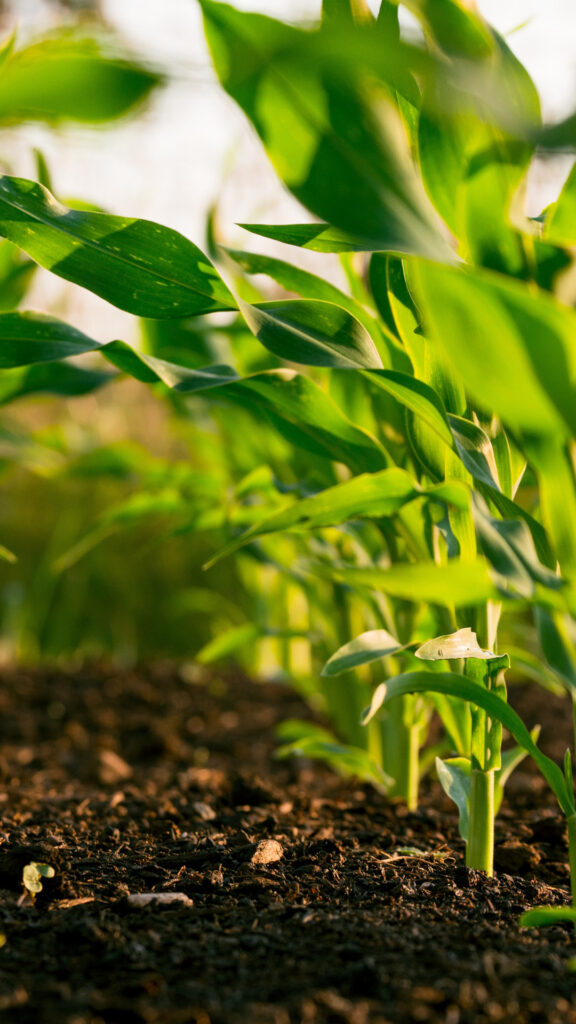A path to sustainability and health.
Agriculture is a vital activity that has evolved over the centuries to meet the growing food demands of an ever-increasing world population.
However, conventional agricultural methods have been dominated by the use of chemical pesticides to control crop pests and diseases.
While these chemicals have been effective in crop protection, they have also raised environmental and human health concerns.
Fortunately, pesticide-free agriculture has emerged as a promising alternative that offers a number of benefits for both the environment and our own health.

The main advantages of pesticide-free agriculture are:
Here are some methods to grow without pesticides:
Pesticide-free agriculture is becoming an increasingly attractive option for farmers and consumers concerned about sustainability and health. By reducing the use of chemical pesticides, we can protect the environment, preserve biodiversity and promote health. In addition, pesticide-free farming methods offer effective and sustainable approaches to controlling crop pests and diseases.
Our sales team will contact you to choose the best plan for your needs.